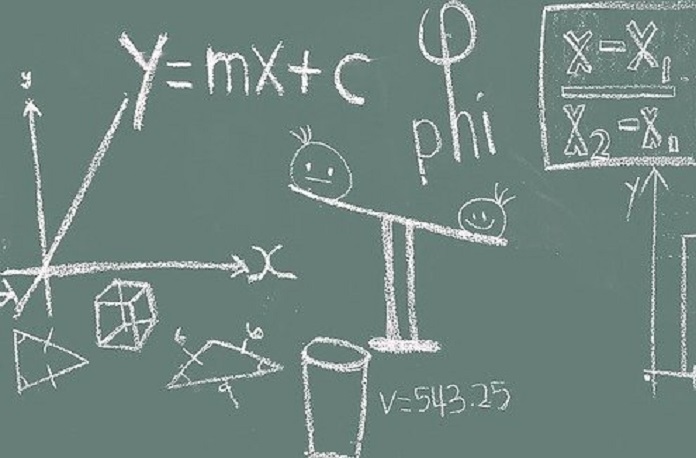Investigators study the link between exercise and memory improvement.
Much attention has been given to statistics showing that only 33% of children get daily physical activity. Spending up to 7.5 hours a day in front of a screen really limits the time available to get out and play. Certainly, physical activity is good for kids’ physical well being, but is it possible that there is a link between exercise and memory?
Doctors from County Hospital Ryhov and Jönköping University in Sweden recently completed a review of studies of the effects of physical exercise in children. Their results were published in the journal, Translational Sports Medicine.
To perform the review, the researchers searched national research databases for studies performed between 2009 and 2019. Only studies on young adults that assessed memory, learning, and exercise were included. Thirteen studies were found and included in the review.
To determine whether there was a link, the included studies assessed the type of exercise performed, the type of testing to evaluate learning and memory, and the outcome. The different types of evaluations checked participants’ cognitive function, memory, and learning.
For example, one study required participants to run on a treadmill for varying amounts of time, then allowed them to rest for different amounts of time, and then tested their attention and memory and planning skills.
Another study required five minutes of stretching, a two-minute sprint, and a three-minute break. Participants then worked Sudoku puzzles for 30 minutes. Afterwards they completed memory and learning testing.
As study co-author Dr. Peter Blomstrand summarized in a press release, “Exercise makes you smart.” The thirteen studies supported the theory that exercise and memory are linked. One study proposed that the amount of time spent on physical activity was important for learning, but not for memory. As far as how strenuous the exercise needs to be, the results were mixed.
Exercise timing was also found to be important. Exercising before learning improved learning more than afterwards. Attention and short-term memory improved because of physical activity. The improvements seen stem from the prefrontal cortex of the brain, but more study is needed to know what exercise works best for learning and memory.
While the study was not able to pinpoint the best exercise for improving memory and learning, it does support the positive link between exercise and memory.
References:
1. Facts & Statistics. HHS.gov. https://www.hhs.gov/fitness/resource-center/facts-and-statistics/index.html. Published 2020. Accessed September 14, 2020.
2. Blomstrand P, Engvall J. Effects of a Single Exercise Workout on Memory and Learning Functions in Young Adults – a Systematic Review. Transl Sports Med. 2020. doi:10.1002/tsm2.190
Image by Chuk Yong from Pixabay



